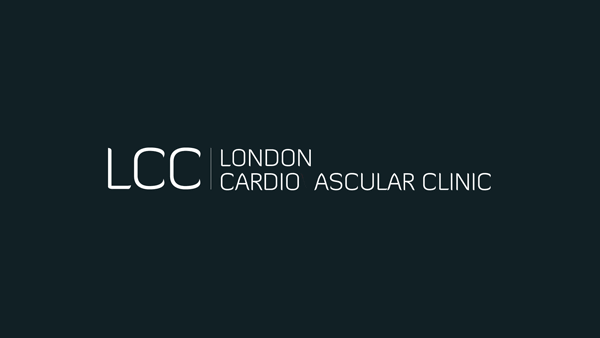NICE Guidelines have been updated on the diagnosis and management of Chronic Kidney Disease (CKD).
The key points are:
Diagnosis:
- Creatinine levels alone are crude to assess CKD
- Creatinine clearance is better- with CKD-EPI calculators, unless the calculated function (eGFR) is 45-59 ml/min/1.73m2, in which case eGFRcytostatinC should be used
- Look at Urine albumin/creatinine ratio (>3mg/mmol is bad)
- Look at urine sediment for haematuria, red cell casts, white cell casts, fat casts, tubular cells
- Do not diagnose CKD if:
- eGFR Creatinine 45-59 mlmin/1.73m2 and
- eGFRCytostatinC is >60ml/min/1.73m2 and
- no marker of kidney disease
- Look for CKD in:
- Diabetes Mellitus
- Hypertension
- Any cardiovascular Disease
- Prostate disease, renal disease, stones
- systemic disease such as Lupus
- if hematuria detected
- acute kidney injury
- family history of end stage renal disease
- Do a Renal Ultrasound if:
- Family History of Adult Polycystic Kidney Disease (APKD)
- Haematuria
- Symptoms of renal tract obstruction
- eGFR <30ml/min/1.73m2
Treatment:
- Anti-Hypertensive
- Target BP <140/90
- Target BP <130/80 if diabetes, or albumin/creatinine ratio >70mg/mmol.
- Use HT guidelines if Albumin/creatinine ratio <30mg/mmol, and not diabetic.
- Use low cost ACEI or ARB 1st line if:
- Diabetes and albumin/creatinine ratio> 3mg/mmol
- Hypertension and urine albumin/creatinine ration>30mg/mmol and NOT diabetic
- urine albumin/creatinine ratio >70 mg/mmol even if no diabetes and no hypertension.
- Offer anti-platelest as primary prevention of cardiovascular events
- Although not mentioned in the BMJ article, I would favour statin therapy as primary prevention also. Atorvastatin 10mg is a good start.
More information is available direct on line or via the BMJ summary.
Dr Malik


